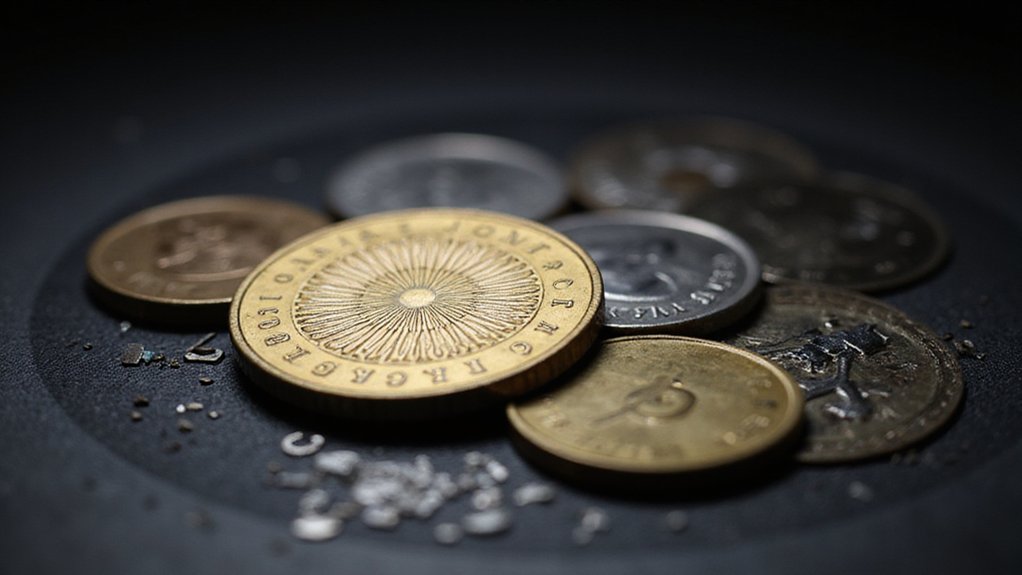Revolution, it seems, arrives not with fanfare but through the quiet deployment of yet another payment app—though Kraken‘s newly launched Krak represents something more ambitious than the typical fintech offering cluttering smartphone screens worldwide. The platform accomplishes what legacy payment processors have struggled to achieve: seamless integration of cryptocurrency and traditional fiat transactions across a staggering 160+ countries, supporting over 300 assets without the usual friction that makes cross-border payments feel like maneuvering through bureaucratic quicksand.
Krak’s architecture centers on eliminating the tedious complexity that typically accompanies financial transfers. Through personalized Kraktags, users bypass the need for bank routing numbers or unwieldy wallet addresses—a surprisingly elegant solution to what has long been an unnecessarily convoluted process. The system facilitates instant peer-to-peer payments while offering dual account structures for spending and savings management, acknowledging that modern users require both liquidity and asset growth opportunities.
The yield generation component deserves particular attention, offering up to 4.1% returns on USDG stablecoin balances and reaching 10% on select digital assets. These rates, clearly free from subscription fees or minimum balance requirements, reflect Kraken’s confidence in leveraging their established banking partnerships and robust infrastructure to generate sustainable returns rather than relying on promotional gimmicks. This approach aligns with the broader DeFi movement that enables peer-to-peer financial services through blockchain technology while eliminating traditional intermediaries.
Kraken’s strategic positioning becomes clearer when considering their planned expansion into physical and virtual payment cards, alongside future credit products. This progression suggests an understanding that crypto adoption requires more than ideological conviction—it demands practical utility that rivals traditional financial systems. The company’s history of pioneering Proof of Reserves transparency protocols provides credibility backing these ambitious plans.
The competitive implications are substantial. By directly challenging established payment platforms like PayPal through superior cross-border transaction capabilities, Krak targets the growing demographic of crypto-native users who refuse to segregate their digital and traditional financial activities. The broader Kraken ecosystem supports this integration with advanced trading features through their Pro App designed specifically for experienced traders requiring sophisticated mobile capabilities.
Whether this approach can scale beyond early adopters remains uncertain, but Kraken’s diversification beyond pure crypto trading—evidenced by products like xStocks—indicates a calculated bet that the future of finance lies in seamless asset integration rather than artificial boundaries between digital and traditional currencies.









